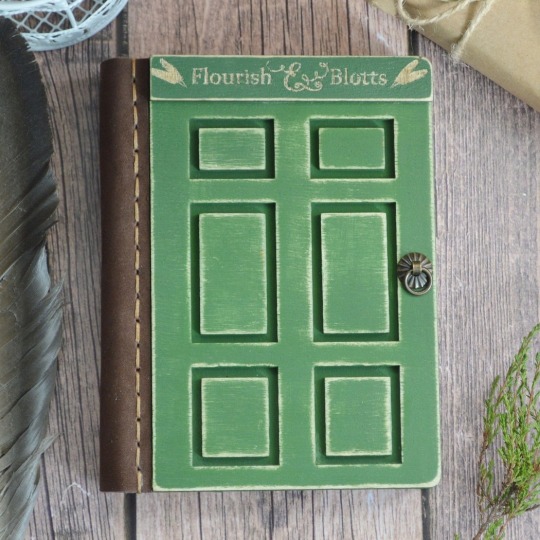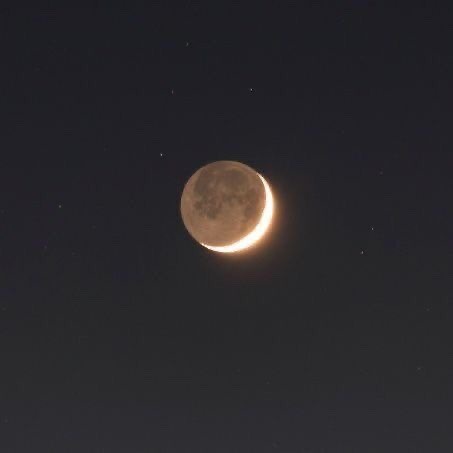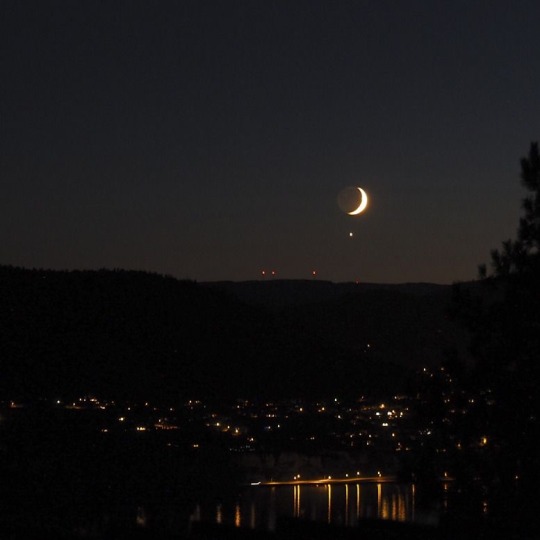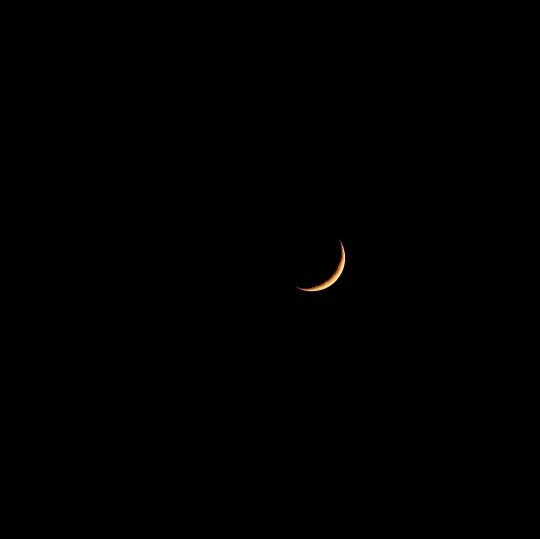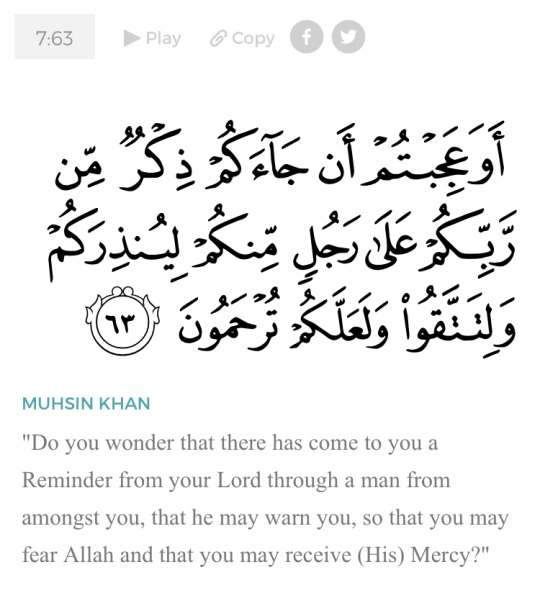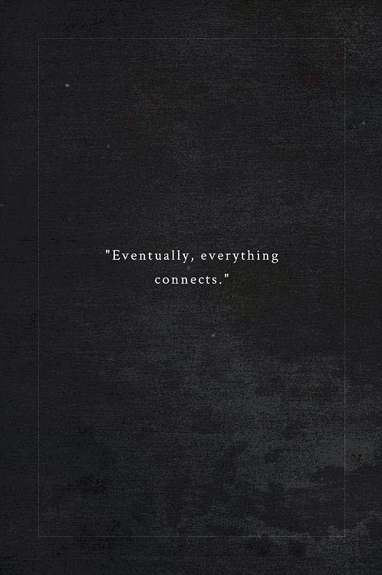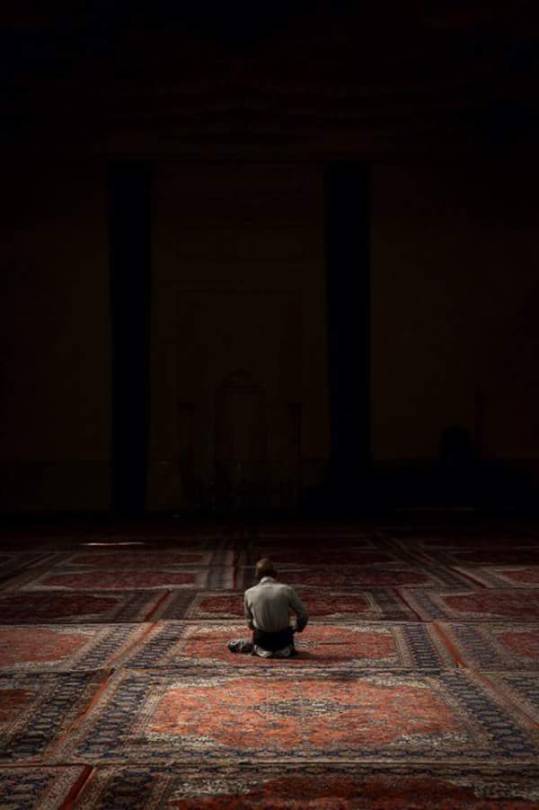Note
If god did write the Quran, why did he use so many Arabic idioms? This makes me doubt the Quran is from god, because it sounds more like an Arab living in an Arab land wrote it.
So, I’m a teacher guy thing. I know, I don’t understand why they would let me do that either, but, just go with it, so I’m a teacher:
If I explained things to my students, without them knowing the things I needed to teach them, would it work very well? I mean, sure, I could just throw out terms without explaining them, and I’m sure those are the types of teachers that we love the most.
Now, maybe you’re thinking “but in our language classes our teachers are always like.”
“No, no, no Sergio solamente en Espanol!” And they’d have their hands on their hips, and their head off to the side, but you’re begging them to call the Ghost Busters because there was a Ghost that clearly just passed through the classrooms and you forgot how to say “who you gonna call?” in Spanish and it’s a terrible situation. Wait, where am I going with this?
Oh, right.
So when you’re learning a language, you don’t know the idioms. Like, when I think someone is really cool, in Arabic, I say (literally) that their blood is light. This makes no sense. If I just ran up to you with this huge smile and said “HAY! YOUR BLOOD IZ LIGHT! CIAO!” and then ran away, I mean, first, you’d ask “why did he say ‘ciao’? Who does he think he is?” and you’d be right, me saying “ciao” would be annoying, but, you also wouldn’t understand the phrase, because it doesn’t translate.
My mother would always remind us that languages were not just language, she would tell us that learning a language is learning a culture, and she was so right. So, when I use a language, I’m communicating to you about things that make sense to you and speak to things that sometimes are difficult to articulate. So, how would I translate the whole “light blood” thing into English? Maybe say they have a good sense of humor, or that they’re fun to be around, but in learning a few languages, I’ve come to realize that human beings share a lot of emotions across cultures, we just don’t necessarily have the ability to articulate them with phrases or words.
So why would God use Arabic idioms? Because God is communicating to humanity, and humanity uses languages, so whatever language would be used, it would necessarily have to utilize the idioms and nuances of the language chosen.
Like, let’s put it this way: let’s say God swooped down and gave us The Qur’an in a super language that reflected The Perfection of God, would we, puny human beings, be able to understand it? No. Or, let’s say that God put all these things that we know now, but people didn’t know back then. I mean, let’s remember, people back in the day used to think that stars were like tear drops from a dragon or whatever. And we can laugh right now, but our stupid perceptions of things will most certainly be laughed at too.
Like, light is the fastest thing in the universe. And while they thought they found something faster, they didn’t (I’m repeating something an actual super scientist Muslim guy told me who does work with this at Harvard and now I seem like I know things, the Ummah at work, *happy sigh*) but let’s say that they did. People will be like:
“Stupid 21st century idiots, they thought LIGHT was faster than OSAMATRON! NOTHING IS BETTER THAN OSAMATRON WHICH GAVE US LIGHTSABERS AND THE FORCE!” Yes, in the future it will be called Osamatron, just roll with it.
But back to the question: if God puts in stuff like “DNA is in a double helix and it’s what make you you, and genes, and (I’m running out of science facts and I can’t bother other scientists right now)” but what do you think a 7th century nomad is going to think? “Yeah, that makes sense.”
Or, would they be like you just were, doubting the AMAZINGNESS of Osamatron? Osamatron sounds ridiculous. And you’d imagine the same for those who came before us.
However, the use of idiom, for your grievance, is odd, because I wonder, what should The Qur’an sound like? Can you even use a language without the use of idioms? Would it even work? I don’t really think so.
But more importantly, I think we’ve misunderstood the significance of The Qur’an to begin with. It’s the nature of miracles themselves that we lose sight of when we look at The Qur’an.
You see, Ibrahim (Abraham), he was thrown into a fire, because the people at the time couldn’t think of anything worse than a fire, so they threw him in there to show him what they could do. God protected Ibrahim from that fire, and displayed His power over what humanity could do.
If you look at Musa (Moses), magicians were the most powerful thing they had. Why do you think Pharaoh brought them out? We don’t think of magicians as anything spectacular, but they did, so when Musa throws down his staff, and God turns it into a real snake, the magicians–knowing what is an illusion and what’s real–turn to Musa and say that they believe. God, again, underlined that whatever people can do, His power is always greater.
If you look at Eisa (Jesus), the most prominent people (akin to magicians before) were the healers, so when God allows Eisa to cure the blind and raise the dead, again, God underlines that His power is greater than anything humanity may create.
So when we get to The Prophet Muhammad, we’re dealing with a very different reality. Poets at the time were the coolest thing, and so God gave perfect poetic language to an illiterate man. Since poetry uses idioms, metaphors, and other devices, it would follow that this Perfect Speech would utilize these same mechanics to illustrate God’s Dominion. It was the use of these idioms (and other things) that underlined that Muhammad’s Message was indeed from God.
This was The Prophet’s miracle, but, there is a difference between these miracles. Ibrahim’s miracle was for those people at that time, as was Eisa’s, as was Musa’s, but Muhammad’s miracle was not made for the people in Arabia at the time, it was for all of humanity. Ibrahim’s miracle was only for that period, as was Eisa’s, as was Musa’s, but The Qur’an is a Miracle we hold in our hands, that we have access to every day, and in that, we see Its power, the power of ideas.
It’s not just that The Qur’an challenges those who doubt It to simply write something of equal character, it’s just not possible. Those who fetishize pre-Islamic Arabic poetry always seem to omit the simple fact that that poetry is terrible, and when you compare the opening of Surat Az-Zalzalah, or Ayat An-Nur, you realize you are reading something that is clearly Divine. There is simply no comparison, and that’s why those pre-Islamic Arabs had accepted The Qur’an as they did, It challenged them in what they loved and soundly defeated it.
But The Qur’an is a Miracle for all people, because it speaks to our human condition, it addresses how we treat the weakest in society; how we must deal with our spouses, children, and parents, not with empty maxims, but with legal directness; it commands us to confront our hypocrisies and stand up for justice; The Qur’an is God’s Final Miracle in the form that is the most lasting in its impact: how we think and deal with each other.
The fact that it uses idioms is simply a result of our human need for them, in any language, so whatever language would be chosen would be subject to this objection of yours. If God bestowed other languages, foreign and unknown to The Prophet and his people, they would’ve thought he was “speaking in tongues” or whatever, or just making stuff up, I mean, wouldn’t you?
In sum, God is Perfect, but humanity is not, and thus, God must communicate to us in the medium that reflects our limitations, but even considering that limitation, That Perfection is astonishing.
684 notes
·
View notes
Note
Salam. What makes you so sure that God exists? And even if God exists, what makes you so sure that the Qur'an is from God? I struggle a lot with this...
Wa alykum as-salaam,
I struggled too, so don’t worry, that’s the first thing I’d say. I talked about my own struggles (here) if you want to read, but besides those points I’d have to say that my belief in God comes from The Perfection that is The Qur’an.
The beauty of the language in The Qur’an is truly astounding, and there are little parts, like...
Let me give you an example of a Qur’anic Miracle:
The beginning of Surat Ar-Rum refers to something that doesn’t make that much sense if you’re just reading it, even in Arabic (waaaaoooowwww).
The first few ayahs go:
“Defeated have been the Byzantines
in the lands close-by; yet it is they who, notwithstanding this their defeat, shall be victorious
within a few years: [for with God rests all power of decision, first and last.*And on that day will the believers [too, have cause to] rejoice“ [30:2-4]
So, uh, what do you do with this? Allow me to explain, utilizing resources, like Muhammad Asad’s Tafsir!
So at the time, the Byzantines (Ar-Rum or the Romans) are fighting the Persians. The Romans are Christians, so they’re monotheistic, and the Persians are pagans, so they are polytheistic. The war isn’t going so well for the Romans.
So this war is happening during this time. So in 613 the Persians took Damascus, in 614 they took Jerusalem, around 615-616 they take Egypt, and at the same time, the Persians are laying siege to Constantinople, the capital of the Romans. These Ayahs were revealed around 616, in the seventh year of Hijrah. Things aren’t looking good for the Romans.
Now, why is this important? Because the Muslims are cheering on the Romans, and the pagan Arabs are cheering on the Persians, because they are championing their worldview (monotheistic vs polytheistic) and the superiority of the Persians made the pagans feel superior to their Muslim counterparts.
When these ayahs came out, the Romans looked like they were about to be destroyed. So, the Muslims are cheering for their “team” and the pagans are cheering for their “team” and it’s like the Lakers/Celtics vs. Celtics/Lakers (whoever you prefer, I made this mistake in LA) and so these ayahs are like God saying:
“Hey, I know the Lakers/Celtics are losing by 3,000 points with 15 seconds to go, but the Lakers/Celtics are actually going to beat the Celtics/Lakers.”
What would you say to that?
“Pffffffffffffffffffffffffffft yeah right!”
Right?
So, you see how I put a * in the fourth ayah? Well in The Qur’an, God uses the word bid’ which is commonly referred to as “a few.” The word, in Arabic, denotes any number between three and ten, and in 622–six or seven years after The Qur’anic prediction–the tide turned for the Romans. By 624 the Roman Emperor had carried war into the Persian territory, and by 626, ten years after this ayah was revealed, the Persian armies were completely defeated by the Romans.
So, yeah, for me, it’s things like that. That sort of perfection
Now, what works for me, might not work for you. Some people do the whole “scientific proofs of za Izlam!” That doesn’t really do anything for me, mostly because I know six scientific facts and seven of them are wrong, but the reality is that your approach to belief in God has to be rooted in knowing yourself.
Why?
Because you’re the one who has to navigate that relationship with God, and I think what’s beautiful about Islam is that pathway to God is different for everyone, and even better, is that Islam provides those avenues.
Some people are really spiritual, in that, they truly feel God’s presence and connect with God on that level.
I’ll be honest with you, I’m not the type of person, to me, belief in God is rooted in knowledge and so my process was different. And the awesome part is that Islam does not have the dogmatic approach to how you attain to belief, because the pathways to God are infinite.
But I think you have to know yourself first so that you can approach God in a way that will actually make sense to you. You have the desire, it’s the reason you sent me a question. Maybe you’re confused, maybe you feel you are leaning to another direction, but the desire is there--many times we are afraid of not believing in God, but it’s really about us not believing God in the way that others people have framed it, and when those people are close to us (parents, family, etc) it can seem scary and daunting.
The reality is that you have to make that relationship and that belief make sense to you and your mindset.
Does that make sense?
122 notes
·
View notes
Photo







Licia Ronzulli, member of the European Parliament, has been taking her daughter Vittoria to the Parliament sessions for two years now.
2M notes
·
View notes
Text
Aisha رضي الله عنها said: O women of the faithful, when you sin, do not inform others of your sin; instead seek Allāh's forgiveness and repent to Him. Because people shame and do not support change, while Allāh support change and does not shame.
Reference : Khara’iti, 451
821 notes
·
View notes
Text
Sign languages travels faster than normal languages since it travels at the speed of light rather than sound
614 notes
·
View notes
Text
“In the general tendency toward specialization, philosophy too has established itself as a specialized discipline, one purified of all specific content. In so doing, philosophy has denied its own constitutive concept: the intellectual freedom that does not obey the dictates of specialized knowledge.”
— Theodor W. Adorno, “Why still philosophy?”, Critical Models
130 notes
·
View notes
Photo

Dahala Khagrabari was a piece of India within a piece of Bangladesh within a piece of India within Bangladesh. It was the only third-order enclave in the world until 2015, when it was ceded to Bangladesh.
315 notes
·
View notes
Photo




Palestinian lady collects gas bombs fired by Israeli army. She grows flowers in these bombs.
431K notes
·
View notes
Text
Gentle reminder to put down your phone and talk to Allah, praise and glorify Him, thank Him, and seek forgiveness from Him. Take your time with it. Be slow, feel it.
58 notes
·
View notes









